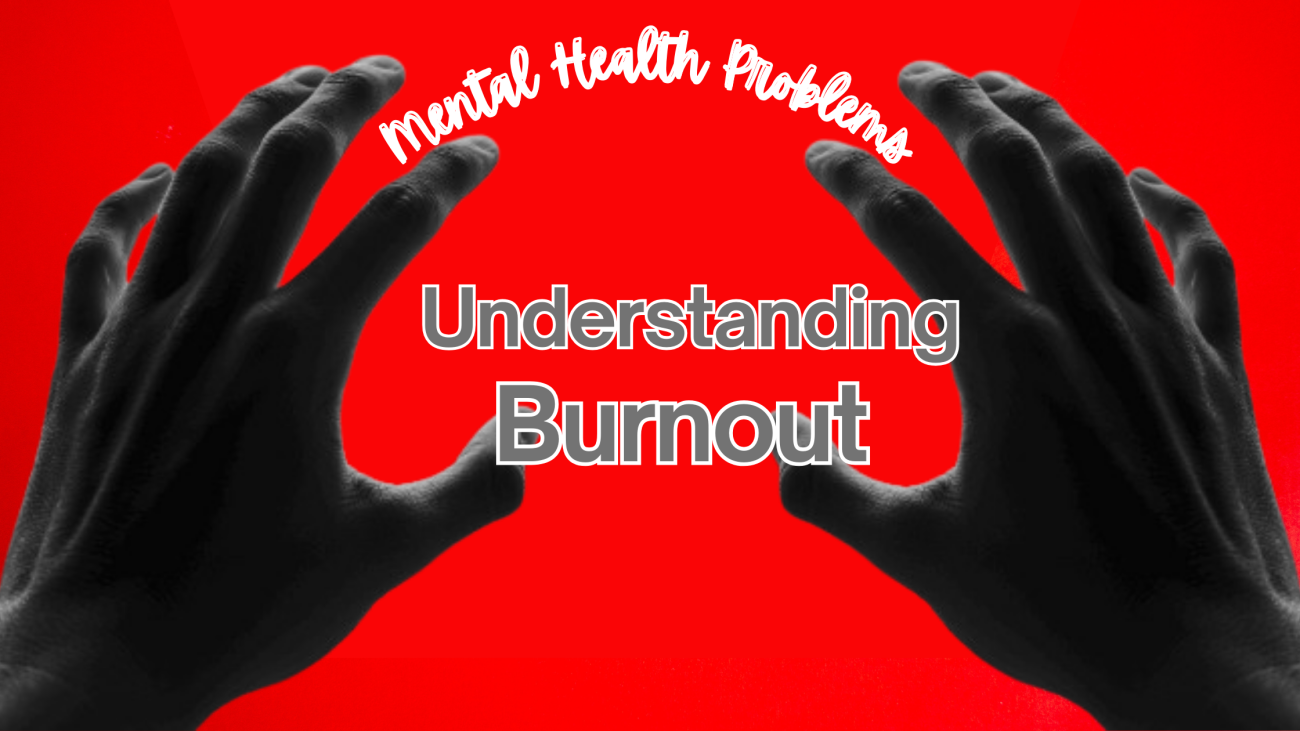Burnout is distinct from everyday stress. While stress can be motivating in short bursts, burnout is a prolonged state of emotional, physical, and mental depletion. It’s characterized by three core elements:
- Emotional Exhaustion: Feeling emotionally drained and unable to cope with the demands of your job.
- Cynicism and Detachment: Loss of enthusiasm for your work, increased cynicism towards patients or colleagues, and feelings of detachment.
- Reduced Sense of Accomplishment: Doubting your abilities and feeling a lack of satisfaction from your work.
What is Burnout?
Burnout, a state of emotional, physical, and mental exhaustion caused by prolonged or excessive stress, is a significant concern for nurses and midwives on the frontlines of healthcare. It can significantly impact your mental health, job satisfaction, and the quality of care you provide.
For nurses and midwives, the nature of your profession involves constant pressure, long hours, and emotional labour, making you particularly susceptible to burnout.
This guide will equip you with the knowledge to recognize the signs of burnout, explore its causes, and outline effective strategies for prevention and recovery.
Why Are Nurses and Midwives Prone to Burnout?
Several factors contribute to a higher risk of burnout among nurses and midwives:
- High-Stress Environment: Demanding work schedules, long hours, exposure to patient suffering, and ethical dilemmas contribute to chronic stress.
- Heavy Workload: Staff shortages, high patient-to-care ratios, and administrative burdens lead to feeling overwhelmed.
- Lack of Control: Limited influence over scheduling, staffing, and resource allocation can be frustrating.
- Compassion Fatigue: Constant emotional investment in caring for others can lead to emotional depletion.
- Shift Work: Disrupted sleep patterns associated with shift work can worsen stress and fatigue.
Recognizing the Signs of Burnout:
Identifying the signs of burnout is the first step towards addressing it effectively. Here are some common indicators to watch out for:
- Persistent fatigue and exhaustion, both physical and emotional.
- Feelings of cynicism, detachment, or negativity towards work.
- Decreased job satisfaction and a sense of disillusionment.
- Difficulty concentrating and reduced productivity.
- Increased irritability or conflicts with colleagues and patients.
- Physical symptoms such as headaches, muscle tension, or gastrointestinal issues.
Understanding the Impact of Burnout on Mental Health:
Burnout not only affects your professional performance but also takes a toll on your mental well-being. It can lead to:
- Anxiety and depression: Prolonged stress and exhaustion can contribute to the development of anxiety disorders and depression.
- Decreased resilience: Burnout weakens your ability to cope with challenges, making you more vulnerable to future stressors.
- Impaired judgment: Exhaustion can cloud your judgment and decision-making abilities, potentially compromising patient care.
- Substance abuse: Some individuals turn to substances like alcohol or drugs as a coping mechanism, exacerbating the problem.
The Consequences of Unmanaged Burnout
Ignoring burnout can have serious consequences, not only for your well-being but also for patient care. Burnout can lead to:
i). Decreased Job Performance: Exhaustion and cynicism can lead to increased errors and decreased quality of care.
ii). Increased Absenteeism: Burnout can contribute to higher rates of sick leave and staff turnover.
iii). Patient Safety Risks: Burnout can impair judgment and lead to medical errors.
iv). Detrimental Impact on Colleagues: Burnout can create a negative work environment for colleagues.
Strategies for Coping with Burnout:
While burnout may seem inevitable given the nature of your profession, there are proactive steps you can take to mitigate its effects:
1. Prioritize self-care: Make time for activities that rejuvenate you, whether it’s exercise, hobbies, or spending time with loved ones.
2. Set boundaries: Learn to say no to excessive work demands and establish clear boundaries between your professional and personal life.
3. Seek support: Don’t hesitate to reach out to colleagues, friends, or professional counsellors for support and guidance.
4. Practice mindfulness: Incorporate mindfulness techniques such as meditation or deep breathing exercises into your daily routine to reduce stress and promote relaxation.
5. Take regular breaks: Schedule short breaks throughout your shift to rest and recharge, avoiding prolonged periods of continuous work.
6. Advocate for change: Work collectively with your peers to address systemic issues within your workplace that contribute to burnout, such as staffing shortages or inadequate resources.
7. Maintain a Healthy Work-Life Balance: Disconnect from work during your off-hours and schedule time for activities you enjoy.
The Importance of Seeking Help
If you are experiencing symptoms of burnout, don’t hesitate to seek help. Talk to a trusted colleague, supervisor, or mental health professional. There is no shame in admitting you need support.
Conclusion:
In conclusion, burnout is a significant concern for nurses and midwives, given the demanding nature of your profession. By recognizing the signs, understanding its impact on mental health, and implementing effective coping strategies, you can safeguard your well-being and continue to provide exceptional care to your patients. Remember, prioritizing self-care is not selfish—it’s essential for sustaining your passion and dedication in the long run.
Call to Action:
Take a moment to reflect on your own well-being and consider implementing one small change today to prioritize self-care. Whether it’s scheduling regular breaks, seeking support from colleagues, or incorporating mindfulness techniques into your routine, every step counts towards combating burnout and promoting a healthier work-life balance.


